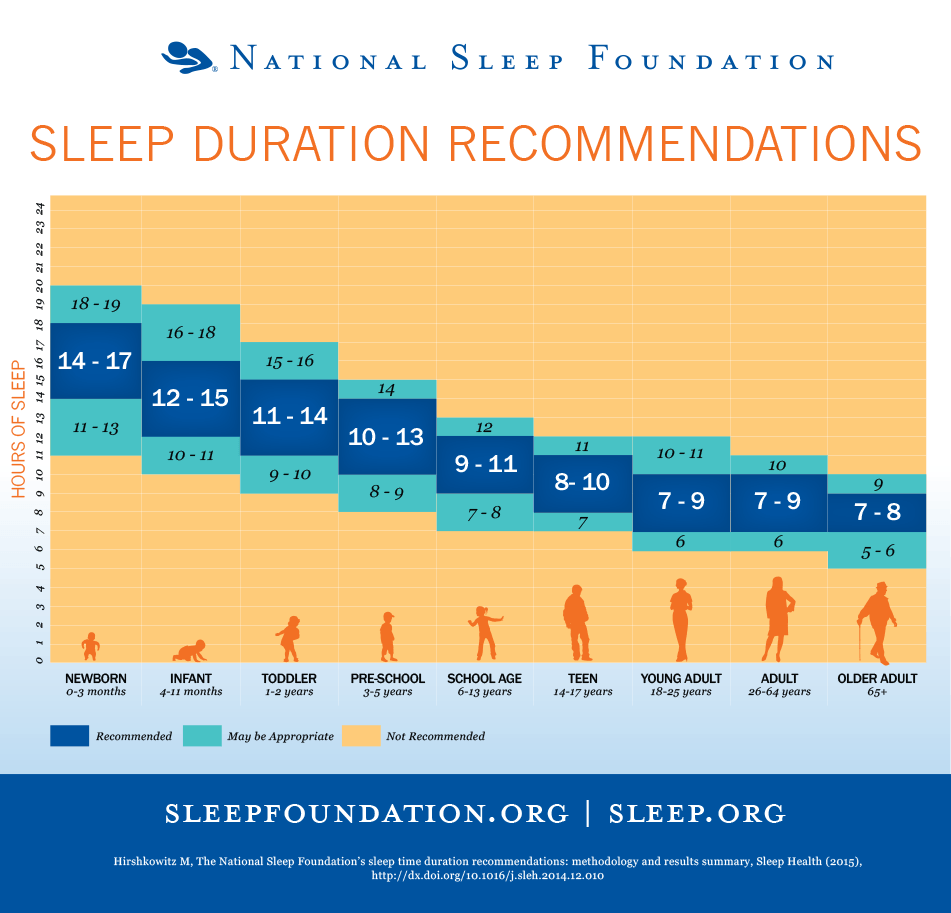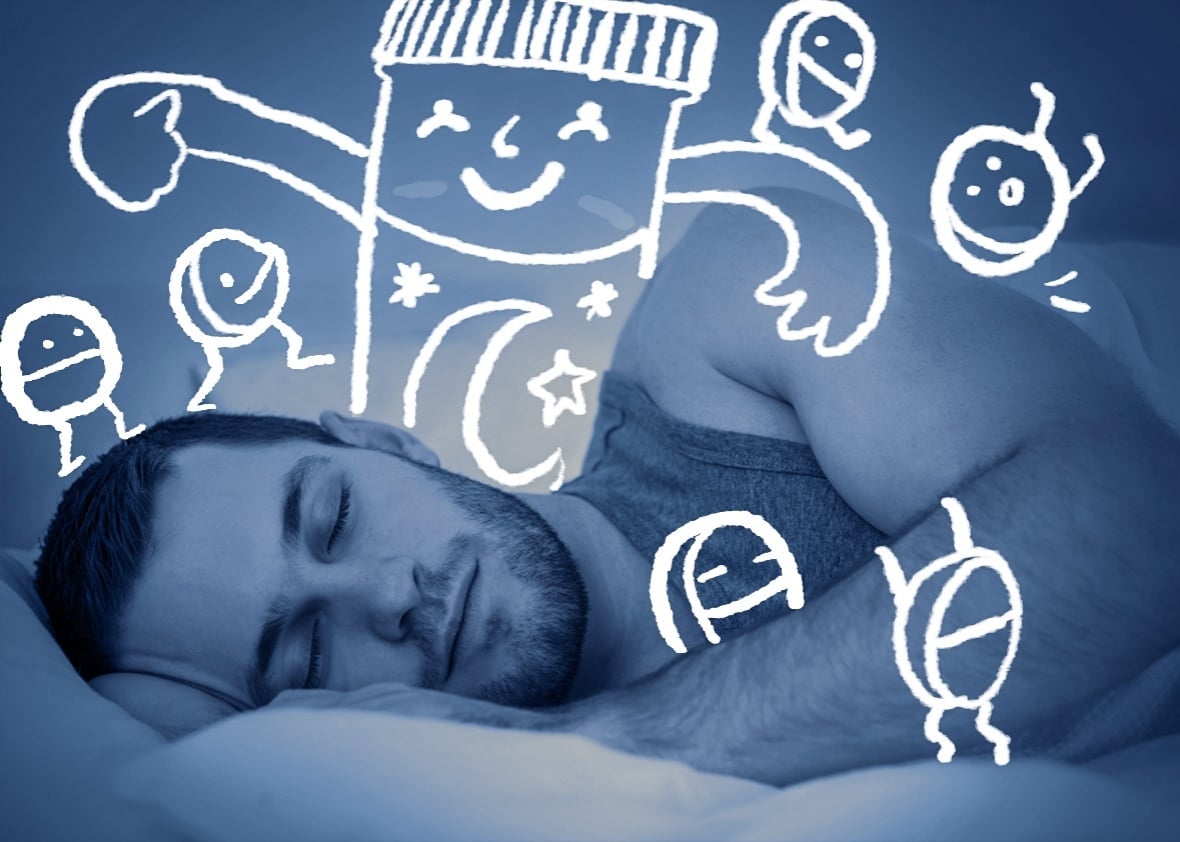The Inner Workings of the Body Clock – Melatonin
The pineal gland in the brain creates a hormone called melatonin. Melatonin is responsible for your logging the control pattern of the biological clockwork program in the body. It controls the cycles of day and night and coordinates the dreamland journey into the next morning. This body clock influences the amount of melatonin hormone that the pineal gland creates as well as the exposure to light. Melatonin levels begin to rise by mid evening after sunset. Melatonin levels stay elevated all night in darkness. Early in the morning as the sun rises they begin to drop as you wake up to a brand new day.
How melatonin largely affects your health
Melatonin levels studies have indicated that they peak before menstruation and coordinate patterns according to the length of days. If there are disturbances due to shift work or other reasons the sleep clock ticks off into disarray. [1] Many are aware that melatonin is linked to sleep yet, it is also linked to prevention of other conditions like of heart disease, migraine headaches and Alzheimer’s. It has a role in strengthening the immune system and weight loss as well. Due to the interference of artificial lighting, many lack this wonder hormone If your thoughts are flowing in a direction of ensuring enough melatonin production, remember that supplements may benefit, but the natural melatonin production of the body is naturally more beneficial and less pressing on regular digits of your budget. A few products have a slight percentage of melatonin like almonds, sunflower seeds, Goji berries as well as cherries and coriander. Yet by optimizing production in the body following steps of sleep hygiene, you create the perfect melatonin dosage your body requires. Improving your flow of sleeping will optimize melatonin.
Sleep Hygiene
How to increase your melatonin levels and sleep better
Release gadgets an hour or so before bed
In the evening or an hour or so before bed, log off and shut down the computer and TV and your smartphone. These techno gadgets emit blue light and the brain receives a daytime signal. The brain starts to emit melatonin at about 9pm. These light rays intercept the process. According to the National Sleep Foundation, scientific documentation has revealed the role of light in promoting wakefulness. Photoreceptors present in the retina senses dark or light and message the brain on the outside world that aligns in tune. Light emitted from smartphones and tablets send false signals to the brain confusing sleep cycles. [2]
Get exposure to the bright sun
Get a few minutes of the bright morning sun if this is possible, setting the internal clock into motion that a new day has arrived. Get exposure to the bright sun. The pineal gland will produce more melatonin approximating contrasts of lighting exposed to in the day and the darkness. If you stay indoors all day, with no difference detected, melatonin production is reduced.
Try to ensure complete darkness at sleep time
Try to ensure complete darkness at sleep time. A slight invasion of light can disrupt the melatonin production in the pineal gland. Even the glow of a clock radio or your mobile phone. Either get rid of these gadgets or cover them. Move electrical devices away from your bedroom. Consider covering windows in blackout shades or drapes or wear an eye mask when sleeping. If you need light for night navigation, use a red light bulb as this bandwidth of light is less intrusive than blue and white lights. Salt lamps come at handy for this purpose.
Jump into a warm bath a few hours before bedtime
The temperature should be kept lower than seventy degrees Fahrenheit. Jump into a warm bath a few hours before bedtime. This increases body temperature and signals the body you are prepared for slumber motions.[3]
Try to avoid alarm clocks
Avoid the use of alarm clocks. To be jolted up suddenly every morning can jerk up stress, and with sufficient sleep patterns in order, an alarm clock may not be needed. [4] Get a good flow of sleep hygiene, shut down, and get ticking away into the venture of dreamland wonders! Featured photo credit: Pixabay via pixabay.com

